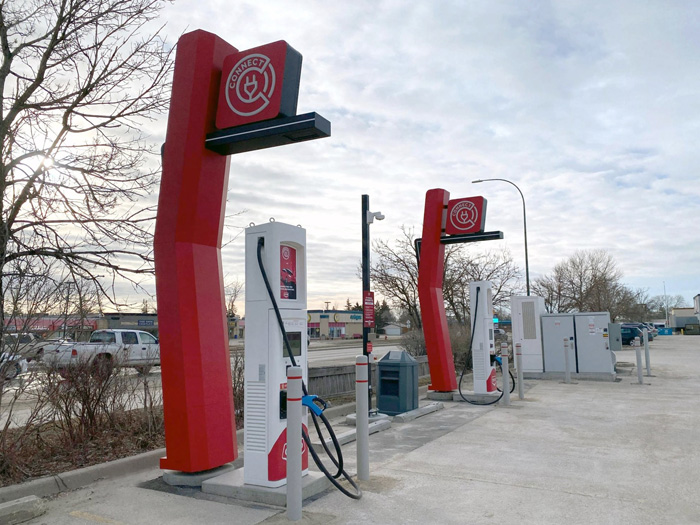Am I the only one baffled by the advertising we see on TV these days, specifically the advertising by our auto manufacturers? What I see advertised is SUVs, pickup trucks and top-of-the-line cars. These commercials appears between news stories about inflation and how hard it is for some families to make ends meet. One would think that the folks dreaming up the marketing strategy for the auto makers would see these stories of “hard up” experience, and that this would affect what they are marketing.
There is also advertising promoting electric vehicles, but this advertising, too, does not promote small vehicles. I can’t remember when I have last seen a vehicle advertised because of its economy. I’m not sure whom to blame for this, the car manufacturers or the car buyers. Is it that the car manufacturers simply want to promote the bigger vehicles because there is greater profit there, or is it that the car manufacturers have assessed that car buyers already have decided they will buy a bigger vehicle, and that the role of the advertising is just to lure them to their brand?
There is, of course, some merit in shifting from gasoline to electricity, particularly where the electricity is generated sustainably. If, however, that electricity is generated by burning fossil fuels, the gain is minimal. And although there is some effort to phase out the burning of fossil fuels, we still have a long way to go.
There seems to be disagreement among scientists as to whether we can generate enough electricity to power all the vehicles we want to electrify, so I won’t play with those numbers. My appeal is to simple logic. We have, on this planet, a huge fleet of vehicles, ships and aircraft, all powered by fossil fuel. We want these all to shift away from fossil fuel, shifting that energy demand to electricity.
In Manitoba and Quebec we have hydro electricity, but elsewhere on this planet most electricity is produced by burning coal or natural gas. But we want to get away from thermal electricity! Indeed we are finding more places to generate electricity from solar and wind, but who knows how far that will take us.
Here’s the obvious catch: even as we are trying to find more sustainable ways of generating electricity, we are also significantly increasing our demand for electricity. The two goals are not complementary, since shifting our fossil-fuel powered vehicles to electricity powered vehicles will not solve our problem of polluting the atmosphere.
No, we need to reduce our demand for energy. That can be done in two ways only: transport less and travel less, and find more efficient ways to transport and travel. That means a lifestyle change. We need to learn to consume less. Such a change is never easy.
The appeal of the electric car is that shifting from an internal combustion engine to an electric motor in our car will hardly affect our lifestyle at all. Making that shift gives the illusion that we are are doing something for the planet. But it is only that: an illusion.




